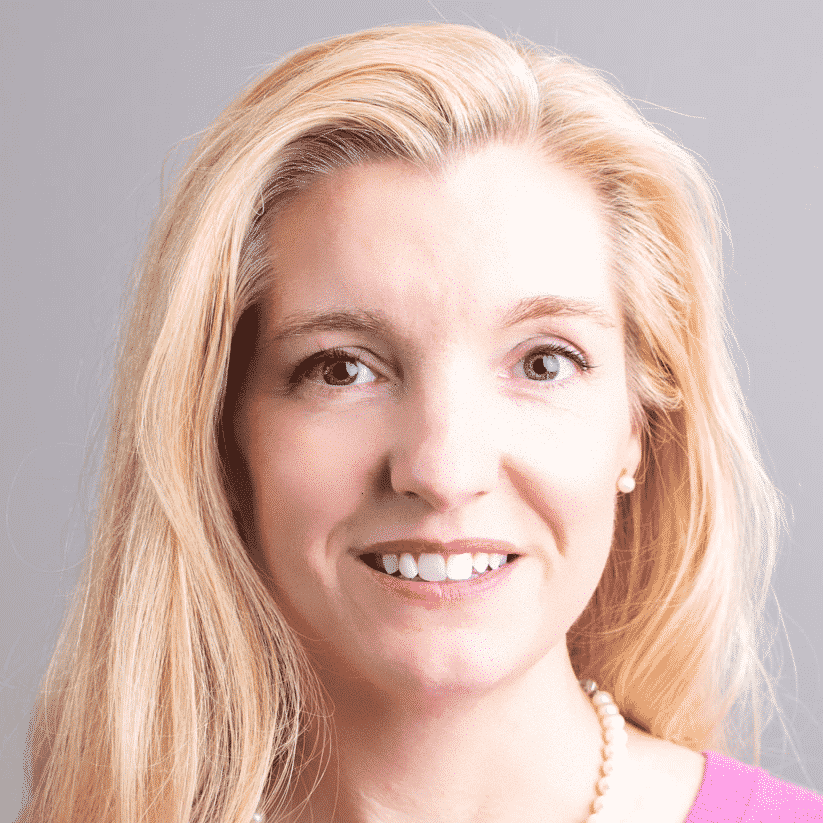 It is said that communication is key to success. People with ME/CFS, fibromyalgia, and long COVID understand this concept at its most basic and essential level. Living with an illness that compromises cognitive function and often speech, eyesight, and/or listening capabilities can leave an individual without the ability to get their basic needs met. Combine this with a medical system that doesn’t yet have an accepted understanding of diagnosis and treatment, and the communication challenge is exponentially compounded leaving an entire population at the mercy of a handful of passionate professionals and family members determined to force change.
It is said that communication is key to success. People with ME/CFS, fibromyalgia, and long COVID understand this concept at its most basic and essential level. Living with an illness that compromises cognitive function and often speech, eyesight, and/or listening capabilities can leave an individual without the ability to get their basic needs met. Combine this with a medical system that doesn’t yet have an accepted understanding of diagnosis and treatment, and the communication challenge is exponentially compounded leaving an entire population at the mercy of a handful of passionate professionals and family members determined to force change.

As Communication Director and a person with lived experience, I’m keenly aware of the communication gap between individuals living with multi-system chronic complex disease (msCCD) and those they need to communicate with i.e., caregivers, medical professionals, family, friends, teachers, employers, financial institutions, grocery store associates, pharmacies, insurance carriers, landlords, government safety-net agencies, utility providers, tech support representatives, and the list goes on and on.

I recently had an individual reach out to me who was battling a post-viral syndrome and also happens to be a physician. Despite having a medical degree, she was a casualty of the communication gap between medical professional and patient surrounding msCCD. Her experience with dysautonomia, post-exertional malaise, cognitive impairment, severe headaches, etc. coupled with a lack of knowledge on the part of her medical specialists led to the self-questioning and despair experienced by millions in similar circumstances. Her discovery of Bateman Horne Center’s medical videos and literature enabled her to have productive conversations with her providers which translated into informed care and improved functional capacity.
There is progress to be thankful for on all fronts. Ed Yong, science writer for The Atlantic, pointed out in his recent article that the landscape looks very different for
That handful of professionals and family members created organizations that have and are currently forcing change in medicine, research, education, awareness, and funding for the benefit of people impacted by (patients and their loved ones) msCCD. We are grateful for the partnerships we have with other individuals/organizations making an impact throughout the world.
Even with these monumental changes, the situation is still intolerable for many. In the words of Dr. Bateman, “We have so much to do.” The recently launched Medical Education Resource Center (MERC) in partnership with Open Medicine Foundation is expanding our reach to more healthcare professionals and individuals experiencing the life-altering illnesses of ME/CFS, fibromyalgia, and long COVID.
Bateman Horne Center exists to help people get their lives back. In many ways that starts with communication.
The following are a sampling of our resources and tools created to improve communication between the individual with msCCD and their healthcare professional or loved ones. I selected these to share based on feedback from patients and healthcare professionals.
- ME/CFS Healthcare Provider Information Letter
- ER and Urgent Care Considerations for ME/CFS
- Good Day/Bad Day Questionnaire
- ME/CFS Crash Survival Guidebook
- Communication Cards (also located at the bottom of the guidebook webpage)
Critical Needs
Symptoms and Sensitivities
Comfort
Emergency - “Long COVID and Post-Viral Syndromes” accredited medical education series (recorded lectures and presentation slides)
There are many more to be accessed on the Bateman Horne Center website and YouTube channel.
*Please note that although some of the above resources have ME/CFS in the title, the information also applies to long COVID and severe fibromyalgia.*
These resources are made possible by donations from readers like you. Please consider making an affordable gift to Bateman Horne Center today.
 Lucinda Bateman, MD, is a renowned clinician, researcher, and educator. Her Johns Hopkins University Medical School training instilled an approach to care that she has employed throughout her career - the patient comes first and the unknown or unexplained does not equate to a lack of proper and compassionate care. Since starting her own practice in 2000, she has served on six boards or committees, been the principal investigator for 45 studies, authored/coauthored 40 journal articles, served as adjunct instructor and adjunct assistant professor in the University of Utah Departments of Preventative Medicine, Internal Medicine, and Anesthesiology, and lectured around the world.
Lucinda Bateman, MD, is a renowned clinician, researcher, and educator. Her Johns Hopkins University Medical School training instilled an approach to care that she has employed throughout her career - the patient comes first and the unknown or unexplained does not equate to a lack of proper and compassionate care. Since starting her own practice in 2000, she has served on six boards or committees, been the principal investigator for 45 studies, authored/coauthored 40 journal articles, served as adjunct instructor and adjunct assistant professor in the University of Utah Departments of Preventative Medicine, Internal Medicine, and Anesthesiology, and lectured around the world.